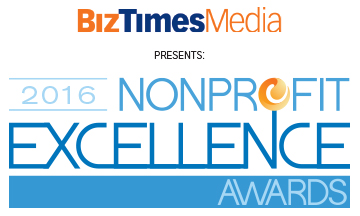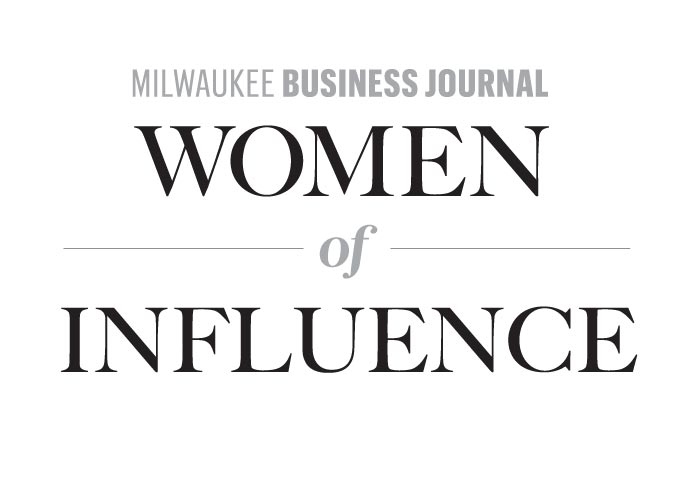DSAW Webinar Series Presents:
Inclusive Education: Establishing a Shared Understanding of Why, What and How
This webinar is geared towards educators!
Sponsored by the Marjorie Christiansen Foundation
There is clear and consistent evidence that inclusive educational settings can yield substantial short- and long-term benefits for students with and without disabilities. The goal of an inclusive education is to ensure that all students with and without disabilities receive individualized supports and services as needed to enjoy equitable access to and participation in the general education classroom and reciprocal social relationships. However, there is often confusion around what an inclusive education truly “looks like” in practice and what it takes to successfully maintain an inclusive school community. This session will attempt to provide participants with a common language and shared understanding of inclusive education. Participants will explore key ideas about why inclusive education is important, what inclusive education looks like in practice and what it takes to make inclusive education happen. Participants will also have time to reflect and share regarding ways they might facilitate inclusive education in their respective roles.
Michelle Lockwood, Director of Positive Behavior Support Services, NJCIE
Michelle Lockwood, M.S., NJCIE’s Director of Positive Behavior Support Services, has over 20 years of professional experience working with students and individuals in need of behavioral support. Prior to moving to New Jersey and joining the staff of NJCIE in 2007, Michelle was employed as a county-wide behavior support specialist for the Howard County Public School System in Maryland. Presently, she is working in multiple districts throughout New Jersey, providing professional development and technical assistance in developing school-wide, classroom and individual student positive behavior support systems. Michelle’s role at NJCIE also enables her to provide training and support to districts regarding inclusive education in order to promote the full access, meaningful participation, and authentic belonging for students with disabilities in their schools and communities. In addition she presents workshops to parent groups around “best practices” in inclusive education as well as positive behavioral interventions and supports.







